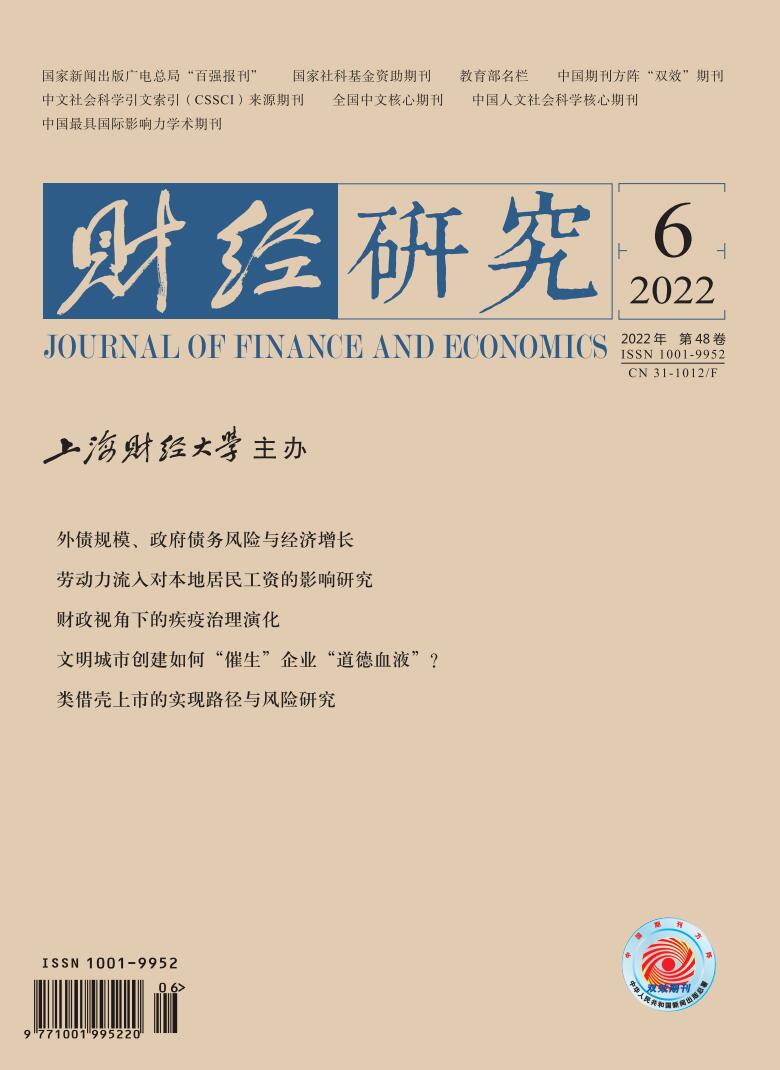As a form of economic organization, business groups play an important role in the process of China’s economic development. Policy documents such as the “Report of the 19th National Congress of the Communist Party of China” and the “14th Five-Year Plan (2021-2025) for National Economic and Social Development” emphasize the enhancement of the high-quality development capabilities and international competitiveness of China’s large-scale business groups, thus providing an important research background for this article. In order to achieve an orderly cycle of various production factors and commodity services of large-scale business groups, and the smooth developing of the internationalization process, efficient resource allocation efficiency and reasonable internal management structure are indispensable. Using the internal capital market theory, this article systematically explores the optimization of the internal capital allocation of large-scale business groups based on the special business phenomenon of “headquarter self-operation”.
Headquarter self-operation mainly refers to the business management model in which group headquarters separately establishes a branch or a group directly under the management department and directly engaging in business activities. This model transforms the original resource allocation pattern composed by headquarters and branches in the internal capital market to the resource allocation problem between headquarters, business units directly under the headquarters, and branches. Based on the exogenous economic event that companies enter the short-selling list, this article systematically examines the changes in business groups’ resource allocation methods and internal management structure after the strengthening of external market supervision. The study finds that after entering the short-selling list, the self-operation proportion of business groups has increased significantly. The above phenomenon is more obvious in non-state-owned enterprises, manufacturing enterprises, and enterprises located in areas with poor institutional environments. Further research shows that as the degree of self-operation increases, the control of group headquarters over their subsidiaries decreases significantly, the complementarity between the two parties increases, and the agency problem within the group is eased to a certain extent. After entering the short-selling list, the increase of headquarter self-operation significantly promotes capital growth and reduces operational uncertainty. This shows that it is effective for business groups to develop self-operated units and incorporate them into internal resource allocation competition to maintain the overall management strategy of the “picking winners” mechanism of the internal capital market. It can be a feasible way to solve the ineffective allocation of resources in the internal capital market.
The research results of this article not only constitute an important theoretical supplement to the internal capital market theory and the economic consequences of short-selling, but also provide a meaningful reference for the management practice of large-scale business groups in China. It should be noted that the premise of the role of headquarter self-operation in the optimization of internal capital market resource allocation is that the supervision mechanism of stock short-selling in the external capital market affects the interest function and action strategy of business groups. The research results also demonstrate the importance of good market supervision to the development of enterprises. In addition, the economic phenomenon of headquarter self-operation should also receive the attention of regulators, so that it can better become an internal catalyst to promote the high-quality development of business groups.






 4570
4570  4574
4574

